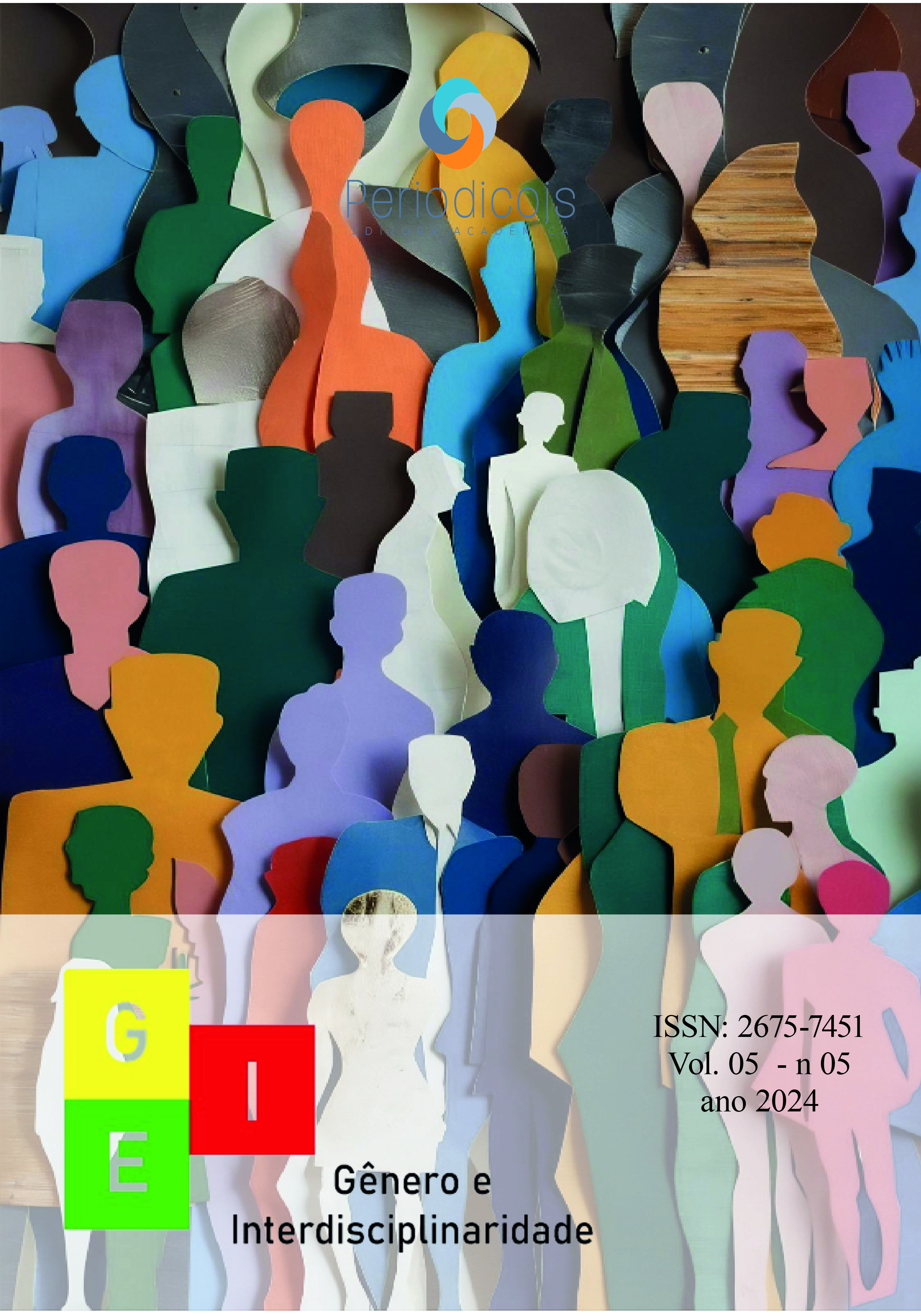Resumo
This TCC aims to understand and discuss the process of including a child with Down syndrome in a regular school, contribute to the increase in studies on children with Down syndrome, recreation and psychomotor skills, and value and stimulate self-esteem with activities that allow them to create and recreate movements, experimenting and leading them to build positive values and attitudes, given that the inclusion procedure, precisely because it differentiates the practice from integration, challenges common social systems to make fundamental changes in their procedures and structures. Social inclusion is, therefore, a process that contributes to the construction of a new type of society through transformations in physical environments, in the mentality of people and in the person with the disease. There must be inclusion in education, in leisure, in society, in the heart. When this is achieved, we can speak of inclusive life.
Referências
Brasil. Secretaria de Educação Fundamental. Parâmetros Curriculares Nacionais: Introdução aos Parâmetros Curriculares Nacionais/Secretaria de Educação Fundamental. – Brasília: MEC/SEF, 1997.
COLEÇÃO MEMÓRIA DA PEDAGOGIA, n. 3. Maria Montessori: o indivíduo em liberdade. Rio de Janeiro: Ediouro; São Paulo: Segmento-Duetto, 2005.
FERREIRA, Aurélio Buarque de Holanda. Dicionário Eletrônico Aurélio Século XXI. Rio de Janeiro: Editora Nova Fronteira e Lexikon Informática, 1999.
FIEP. Manifesto Mundial da Educação Física. Foz do Iguaçu, Paraná, Brasil,Editora Kaygangue Ltda, 2000.
HALLAHAN, Dan.; KAUFFMAN, James.Exceptional children.Introdution to special education. 6. ed. Boston: Allyn Bacon, 1994.
LE BOULCH, Jean. O Desenvolvimento Psicomotor. do nascimento até os 6 anos: a psicocinética na idade pré-escolar. 7ª edição. Porto alegre: Artmed, 2001.
MINISTÉRIO DA EDUCAÇÃO E DO DESPORTO, Coordenação Geral de Educação Infantil. Referencial Curricular Nacional para a Educação infantil: Conhecimento de Mundo – Volume 3. Brasília: 1998.
MINISTÉRIO DA EDUCAÇÃO, Secretaria de Educação Fundamental. Parâmetros Curriculares Nacionais: Volume 7, educação Física. 2ª edição. Rio de janeiro:DP&A, 2000.
Sindrome de Down: Guia para pais e educadores/Siegfried M. Pueschel (org.); tradução Lucia Helena Reily; revisão técnica Mário Lúcio Uchôa Andrade, Maria Barcellar Monteiro. – 14ª ed. Campinas, SP: Papirus, 2012.
UNESCO. Declaração de Salamanca e enquadramento de ação: necessidades educativas especiais. Espanha: Salamanca, 1994.
VYGOSTSKY. L. S. Formação social da mente. São Paulo: Martins fontes, 1994.
Referencial Curricular Nacional para a Educação Infantil: estratégias e orientações para a educação de crianças com necessidades educacionais especiais. /Ministério da Educação – Brasília: MEC, 2000.





